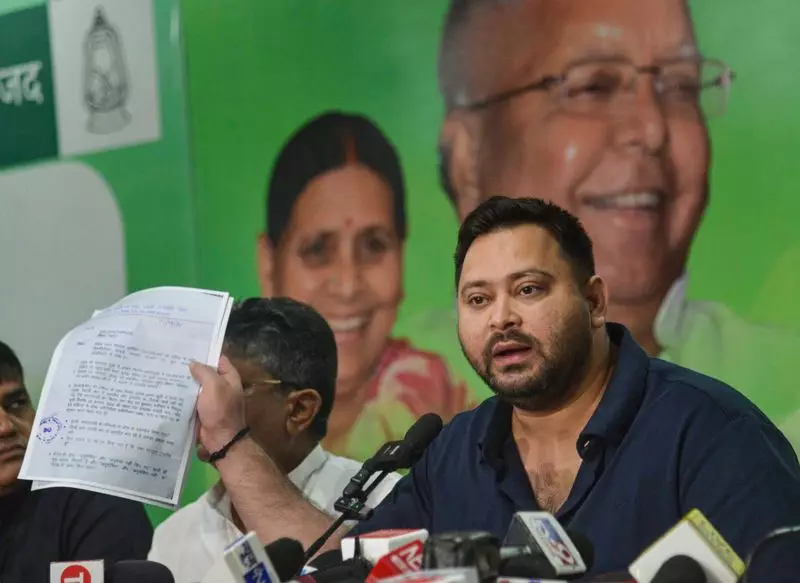
The Rashtriya Janata Dal (RJD), once a dominant political force in Bihar, is set to lose all its representation in the Rajya Sabha from the state by the time the next assembly elections conclude. This development marks a significant political setback for the party led by Tejashwi Yadav.
Complete Erosion of Upper House Presence
The RJD currently has two Rajya Sabha members from Bihar - Prof. Manoj Jha and Shri Sanjay Yadav. However, both their terms are scheduled to end before the next state elections. Prof. Manoj Jha's tenure concludes on July 4, 2024, while Shri Sanjay Yadav will complete his term on July 7, 2024.
This timeline means that by the time Bihar goes to polls for its next assembly elections, the RJD will have no representation in the Upper House of Parliament from the state. The party's declining numbers in the state assembly have directly impacted its ability to secure Rajya Sabha seats, which are allocated based on legislative strength.
Political Implications for RJD
The complete loss of Rajya Sabha representation deals a heavy blow to the RJD's political influence both in Bihar and at the national level. The Rajya Sabha serves as a crucial platform for raising state issues in Parliament, and without any members from Bihar, the RJD will lose this important voice.
This development comes at a particularly challenging time for the party, which is preparing to contest the next state elections. The absence of Rajya Sabha members means reduced visibility and diminished capacity to influence policy debates at the national level, potentially affecting the party's campaign strategies.
Broader Political Context in Bihar
The RJD's situation reflects the changing political dynamics in Bihar. The party's strength in the state assembly has been steadily declining, making it increasingly difficult to secure Rajya Sabha berths. Each Rajya Sabha seat requires a certain quota of votes from legislative assembly members, and the RJD's current numbers fall short of what's needed to elect new members.
This political setback could have far-reaching consequences for the party's future in Bihar politics. Without a voice in the Rajya Sabha, the RJD may struggle to maintain its relevance in national political discussions concerning Bihar, potentially affecting its appeal to voters in the upcoming state elections.
The timing of this representation gap is particularly crucial as it coincides with the election preparation period, when parties typically leverage all available platforms to reach voters and shape political discourse.






